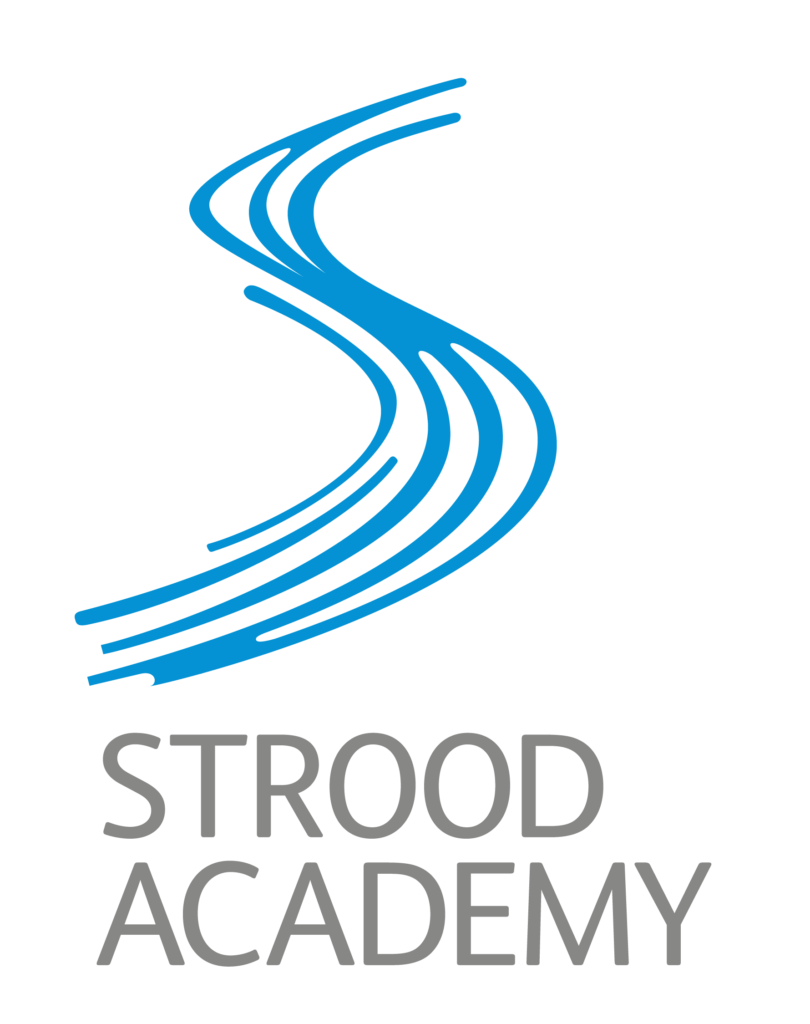Subject Lead: N Oluwadare
The GCSE Mathematics course is designed with the overarching intent of providing students a robust foundation in mathematical concepts, problem-solving, and reasoning skills. Building upon the Middle Years Programme (MYP) framework utilised in Key Stage 3 (KS3), this course aims to deepen students’ mathematical understanding and prepare them for the more advanced International Baccalaureate (IB) Mathematics curriculum in Key Stage 5 (KS5).
Throughout the GCSE Mathematics course, students engage with key mathematical topics such as algebra, geometry, statistics, and number theory. The curriculum emphasises both theoretical understanding and practical application, encouraging students to apply mathematical principles to real-world scenarios. The learning experiences are structured to enhance critical thinking, analytical skills, and mathematical fluency.
The course serves as a progression from the MYP framework by introducing more advanced mathematical concepts and fostering a deeper understanding of the interconnections between different mathematical areas. Students build upon the skills developed in KS3, including the ability to approach problems holistically, use mathematical models, and communicate solutions effectively.
As a crucial stepping stone towards KS5 and the IB Mathematics curriculum, the GCSE Mathematics course aims to equip students with the necessary skills and mindset for higher-level mathematical exploration. By the end of the course, students should be well-prepared to transition seamlessly into the more complex and theoretical aspects of the IB Mathematics program, empowering them for further academic pursuits and careers where advanced mathematical proficiency is valued.
Examination (100% of GCSE)
- The Edexcel GCSE Mathematics examination consists of three papers: Paper 1 (Non-Calculator), Paper 2 (Calculator), and Paper 3 (Calculator).
- Students are graded on a scale from 9 to 1, with 9 being the highest grade and 1 the lowest.
- Edexcel, like other exam boards, offer both Foundation and Higher tier papers. Foundation tier covers grades 1-5, while Higher tier covers grades 4-9.
By studying GCSE Mathematics, students are able to progress onto future career pathways such as:
- Administrative Roles: Many administrative and clerical positions require basic mathematical skills. Jobs such as administrative assistants, data entry clerks, and office support roles often involve tasks that require numerical competence, such as managing budgets, handling financial records, and processing data.
- Retail Positions: In the retail sector, roles such as cashier, sales assistant, or inventory clerk may be suitable for individuals with GCSE Maths qualifications. These positions often involve handling transactions, managing inventory, and basic financial calculations.
- Healthcare Support Roles: Some healthcare support roles, such as medical receptionist or healthcare assistant, may require basic mathematical skills. Individuals in these roles may need to schedule appointments, maintain records, and handle basic financial transactions.
- Apprenticeships and Entry-Level Technical Roles: Certain apprenticeships and entry-level technical positions in fields like construction, manufacturing, or IT may be accessible with a pass in GCSE Mathematics. These roles often involve practical applications of mathematical concepts, such as measurements, calculations, and problem-solving.



